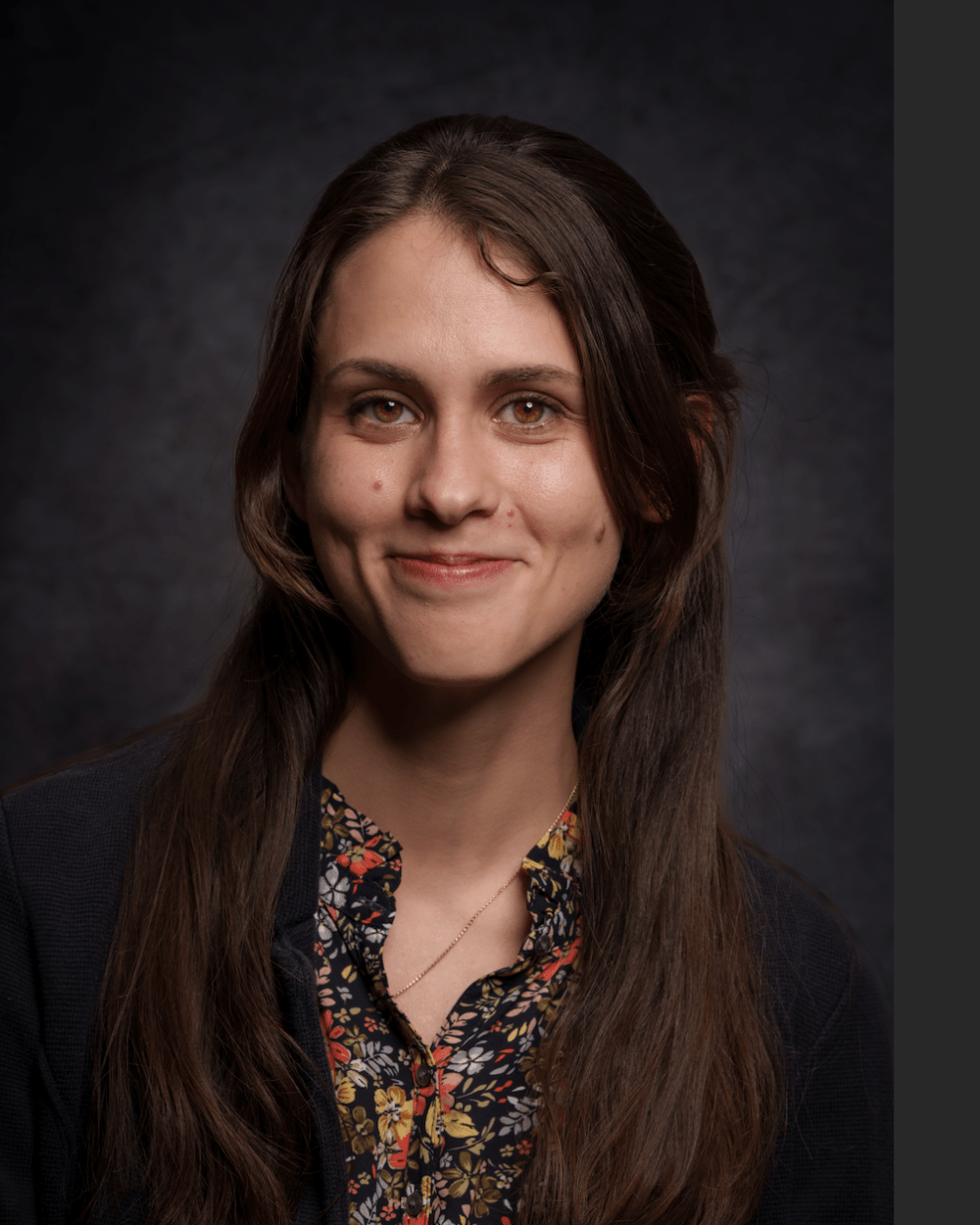For today’s #WhoWeAreWednesday, we feature an interview with AI&F Contributing Fellow on the Networking Team, Melanie Dzugan. Melanie is a PhD Candidate studying Christian Ethics at Fuller Theological Seminary with Kutter Callaway. Her dissertation work “In(Formation): A Postconservative Theology of Information Flow” offers a theological interpretation of “conversion” that conserves the contextual integrity of communication norms for the sake of good formation. Said differently, information technologies should be implemented with the end goal of enacting good communication practices because communication, in this age especially, forms us as people in good community.
Melanie earned an MSc in Science and Religion from the University of Edinburgh and a BS in Science and Religion from Samford University. She has served in local church leadership, academic conference leadership, and lead small groups for Science, Theology, and Religion with Fuller and Caltech students.

How would you describe your experience with AI?
More than any other technology, AI has sharpened my concern for the contexts in which technology operates. Using AI feels like magic. It is both so easy to forget and impossible to deny the ways in which AI relies upon and impacts the physical realities of our lives together. Wars and genocides are fought with AI. The environmental harm involved in training AI models is staggering. Its use is open and public because it is profitable to be so in an age of informationalism. AI makes me uncomfortably aware that theologians have a lot of just peacemaking work to do in a culture that exalts ideas—any ideas that make them comfortable—over the truth of embodied realities in which those ideas are produced and are meant to serve.
How would you describe your faith background?
Evangelical. I grew up in Baptist and non-denominational churches but I did not participate in the trappings of church culture and theology wars. I mostly focused on reading my Bible myself. We moved churches frequently—my parents served in church leadership and would often have to leave the church when they raised issues of responsible church financial management or leadership conduct. I’m grateful to my parents for modeling the sometimes difficult work of church fellowship and I still count myself an evangelical.
What led to your interest in the intersection of AI and faith?
My late undergraduate supervisor, Dr. Steve Donaldson, at Samford University. Dr. Donaldson was a computer science professor who started a Science and Religion undergraduate program. His own research interest was in the epistemological issues of faith, artificial intelligence, and personhood. He was passionate about helping the Church to understand that AI technologies are not a competitor to Christian faith but a challenge for us to clarify what it means to walk with God. My faith and my career is significantly indebted to his academic discipleship. I am continuing his work.
Why are you involved with AI&F?
Collaboration is crucial for good work and AI&F is tremendously helpful in making collaboration possible. It is more and more difficult to keep up with what projects and events happening around the world. The network of AI&F enhances the work of religious scholars and it is incredibly encouraging to realize all the work being done on this often overwhelming issue.
How does AI&F affect your work outside the organization?
I am a better scholar for having engaged with the scholarship of AI&F experts and much better informed on the latest work in AI and faith. I am encouraged, I am equipped, I am better educated!
What open problems in AI are you most interested in?
The ways in which AI tools shape public discourse: misinformation, disinformation, information retrieval processes, the digital interfacing of personal communication, the automation of personal interactions. How may the public trust one another? How may we do the communicative labor of just peacemaking with and without AI?
Views and opinions expressed by authors and editors are their own and do not necessarily reflect the view of AI and Faith or any of its leadership.


